Carbon reduction and emission reduction process
Institutional Commitment
Nazarbayev University (NU) is deeply committed to advancing climate responsibility and reducing its carbon footprint through comprehensive action across all aspects of campus operations. Recognizing the urgency of addressing climate change, NU integrates carbon reduction as a core element of its operational management, academic activity, and stakeholder engagement.
The university’s approach involves multiple coordinated actions: transitioning to cleaner energy sources such as liquefied natural gas (LNG), expanding the use of on-site renewable energy, improving the energy performance of campus buildings, and embedding sustainability practices into academic programs and student engagement platforms. NU understands that effective climate action requires both infrastructure transformation and cultural change within the university community.
In alignment with Kazakhstan’s national environmental strategy and its commitments under the Paris Agreement, NU’s initiatives aim to contribute to national greenhouse gas emission targets while also setting a precedent for other higher education institutions in the region. Moreover, NU supports the development of green technologies and climate science by integrating applied research, policy engagement, and education focused on low-carbon development.
This institutional commitment is reinforced by ongoing investments in energy data systems, interdisciplinary research projects, and partnerships with both government and industry.
The university’s approach involves multiple coordinated actions: transitioning to cleaner energy sources such as liquefied natural gas (LNG), expanding the use of on-site renewable energy, improving the energy performance of campus buildings, and embedding sustainability practices into academic programs and student engagement platforms. NU understands that effective climate action requires both infrastructure transformation and cultural change within the university community.
In alignment with Kazakhstan’s national environmental strategy and its commitments under the Paris Agreement, NU’s initiatives aim to contribute to national greenhouse gas emission targets while also setting a precedent for other higher education institutions in the region. Moreover, NU supports the development of green technologies and climate science by integrating applied research, policy engagement, and education focused on low-carbon development.
This institutional commitment is reinforced by ongoing investments in energy data systems, interdisciplinary research projects, and partnerships with both government and industry.
Carbon Management Framework

Cleaner Fuels
Renewable Energy Integration
Energy Efficiency Measures
Real-time Monitoring
Education and Innovation
Transition from diesel to liquefied natural gas (LNG) in 2017 to reduce Scope 1 emissions.
Installation of solar thermal systems for decentralized heating.
Campus-wide retrofitting of lighting, HVAC, and insulation based on audit recommendations.
Use of a Power BI-based dashboard to track and manage electricity and gas consumption.
Student internships, automation labs, and research integrated into emission reduction efforts.




Fuel Switching: Gasification Project
Green Campus and Living Lab Initiatives
Institutional Oversight & Academic Integration
Renewable Energy Projects
Fuel transition: Diesel → Liquefied Natural Gas (LNG)
Key outcomes:
✓ CO₂ and particulate emissions significantly reduced
✓ Annual savings: 63.1 million KZT
✓ Reliable supply via GlobalGasNetworks, no major infrastructure overhaul required
Key outcomes:
✓ CO₂ and particulate emissions significantly reduced
✓ Annual savings: 63.1 million KZT
✓ Reliable supply via GlobalGasNetworks, no major infrastructure overhaul required
Retrofit of Central Heating Station No. 2 for Townhouses
Scope: Townhouse No. 6
Scope: 20 townhouses
Impact: 35% reduction in gas usage, 5.9 tons CO₂ saved/year
Impact: 10,280 m³ gas saved annually, full solar hot water in warm season
Impact: One panel generates about 2 MWh of clean thermal energy, thereby reducing carbon dioxide emissions by 1.8 tons per year.
Key recommendations being implemented:
- Replacement of fluorescent lights with LED systems
- Installation of motion sensors in restrooms and corridors
- Upgrading HVAC controls and temperature zoning
- Application of reflective window films and enhanced insulation
In addition to technical and infrastructural interventions, NU fosters a culture of sustainability through two signature community-driven programs: Green Campus and Sustainability Living Lab (SLL).
____________________________________________ launched in 2019, supports innovation in campus sustainability through student- and staff-led pilot projects. These projects address energy efficiency, biodiversity, water conservation, urban farming, and waste reduction. SLL enables interdisciplinary collaboration, offering participants access to funding, campus infrastructure, and expert mentoring. Notable project examples include biodegradable materials, urban gardening, sensor-based water systems, and sustainable food systems.Together, these programs complement NU’s technical carbon-reduction strategies by embedding low-carbon thinking into institutional culture and daily practices.
Together, these programs complement NU’s technical carbon-reduction strategies by embedding low-carbon thinking into institutional culture and daily practices.
________________launched in 2016, engages students, faculty, and staff in environmental stewardship across the campus. Initiatives include tree planting campaigns, recycling programs, and annual awareness events like Green Week, which features lectures, workshops, and eco-competitions. The university has implemented separate waste collection for paper, plastic, glass, batteries, and e-waste, and continues to expand sustainable landscaping and water-saving projects.
Scope: 67 Townhouses, 201 collectors installed

Area
Oversight
Student Engagement
Research Linkages
Policy Contribution
Details
Facility Construction Directorate leads implementation and compliance monitoring
Internships at solar sites; automation training using Siemens PLCs
Data collected feeds into applied energy and engineering research projects
Research conducted by NU faculty has informed Kazakhstan's national climate agenda, including contributions to the development of the Strategy for Achieving Carbon Neutrality of the Republic of Kazakhstan by 2060




